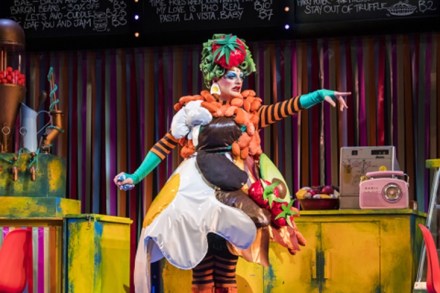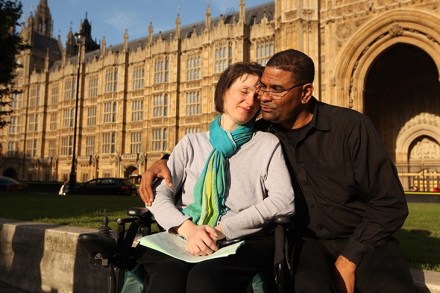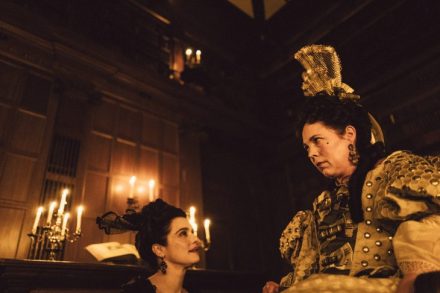This will hurt
When reviewers call a work ‘important’ they mean ‘boring’ and ‘earnest’. And in those terms Shipwreck is one of the most ‘important’ shows I’ve ever seen. It’s not a play but a series of monologues and conversations spoken by a group of American liberals stuck overnight in a rural farmhouse. ‘It’s a red zone,’ they shudder when they learn that they’re in a Republican county. They pass the night carping loftily about the faults of Trump’s campaign and of his presidency between the inauguration and his dismissal of James Comey on 9 May 2017. It’s unclear why this arbitrary time period is chosen, and by ignoring more recent events the





















